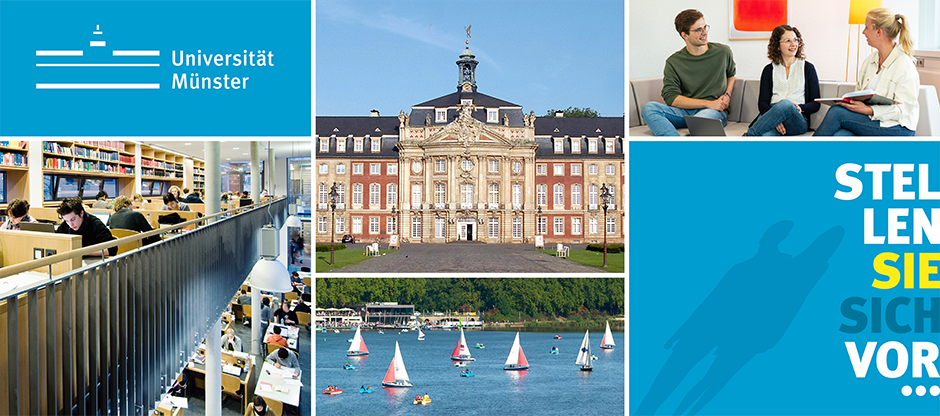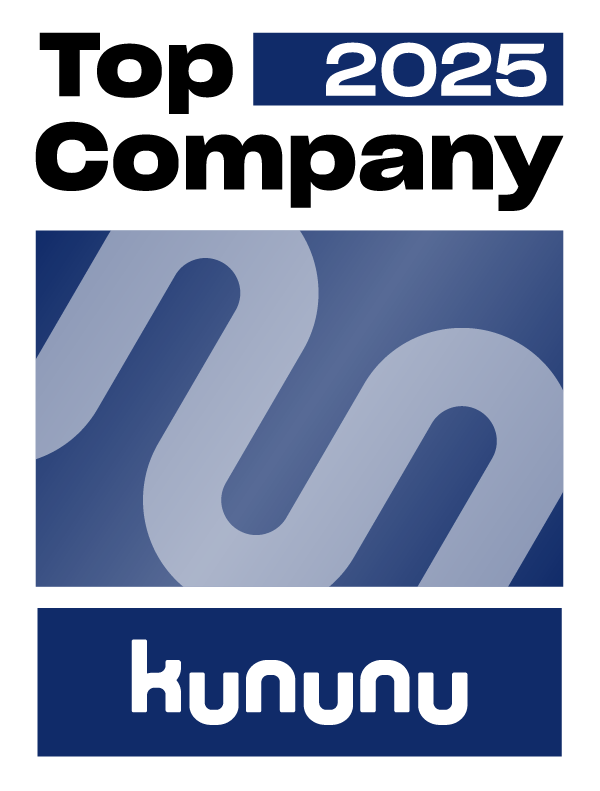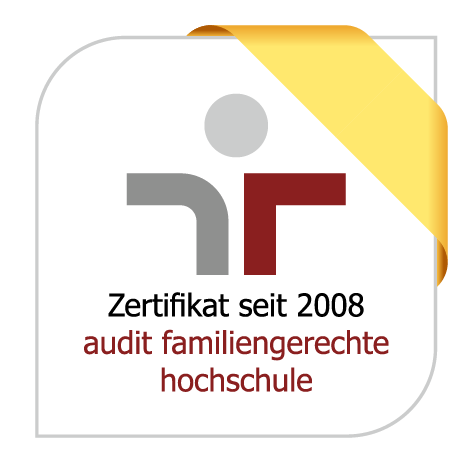
The research training group Chemical Biology of Ion Channels (Chembion) in the Institute of Pharmaceutical and Medicinal Chemistry at the University of Münster is seeking to fill a position for
Doctoral Research Associate Wissenschaftliche*r Mitarbeiter*in (salary level E 13 TV-L, 65%)
commencing on 1 October 2025. The fixed-term, part-time position offered will be externally funded for 3 years, that is, until 30 September 2028.
Your tasks:
The position is associated with the realisation of a doctoral project in the field of computational drug design. The aim is to mechanistically understand the interplay of ion channels and their membrane environment, in particular the role of membrane composition and membrane curvature. As part of this project several molecular modelling techniques like molecular dynamics simulations and dynamic pharmacophore models will be applied to unveil membrane-driven ion channel functions and use this knowledge for rational ligand design. The applicant will gain comprehensive insights into rational drug design and development using computational methods.
The research project is embedded in the research training group “Chemical Biology of Ion Channels” (www.chembion.de). 13 scientists from the University of Münster have teamed up to bring their complementary expertise to focus on the chemical biology of ion channels. Their interdisciplinary research activities are centred on five topics: ligand recognition, subtype specific modulation, molecular imaging, molecular and cellular physiology and integrative (patho)physiology. Our vision for this interdisciplinary project is to solve physiological questions in the field of ion channels using innovative chemical methods. We aim to bring together the molecular world of chemistry/pharmacy and the activity-centred world of medicine. The internationalisation of our doctoral research associates is strongly promoted.
We will provide a structured 3-year cutting-edge PhD training program in and beyond the fields mentioned above.
Our expectations:
We are looking for a highly motivated and talented PhD student holding a state examination degree in pharmacy or, a master’s degree in chemistry, chemical biology, cheminformatics, or a related field. Further expectations:
- Initial knowledge in the application of structure-based molecular modelling is required.
- Experience with the application and analysis of molecular dynamics simulations is an advantage
- Excellent knowledge of spoken and written English are essential
- German language skills are not a requirement, but a willingness to learn is desirable.
- Ability to work in a team, communication skills, organisational skills and independent working style
Advantages for you:
We are offering a competitive, interdisciplinary environment with a track record of intense mutual collaboration. In addition to the individual training-through-research, our program includes additional elements such as a 3–6 month internship abroad, retreats, lab rotation and symposia.
Working environment
The research group of Prof. Bermúdez for Theoretical Medicinal Chemistry is concerned with the development and application of computer-aided methods for rational drug design. We aim at a mechanistic understanding of drug targets including G protein-coupled receptors, ion channels and transporters, and therefore consider them as dynamic entities. This knowledge is subsequently used to design specific modulators for those targets.
The University of Münster strongly supports equal opportunity and diversity. We welcome all applicants regardless of sex, nationality, ethnic or social background, religion or worldview, disability, age, sexual orientation or gender identity. We are committed to creating family-friendly working conditions.
We actively encourage applications by women. Women with equivalent qualifications and academic achievements will be preferentially considered unless these are outweighed by reasons which necessitate the selection of another candidate.
Are you interested? Then we look forward to receiving your application as a single PDF file (including a short motivation letter, CV, and copies of relevant certificates) via email by 2025-06-16 to:
Prof. Dr. Marcel Bermúdez
Universität Münster
Institut für Pharmazeutische und Medizinische Chemie
Corrensstr. 48, 48149 Münster
E-Mail: m.bermudez@uni-muenster.de
Reference number: 2025_05_21




